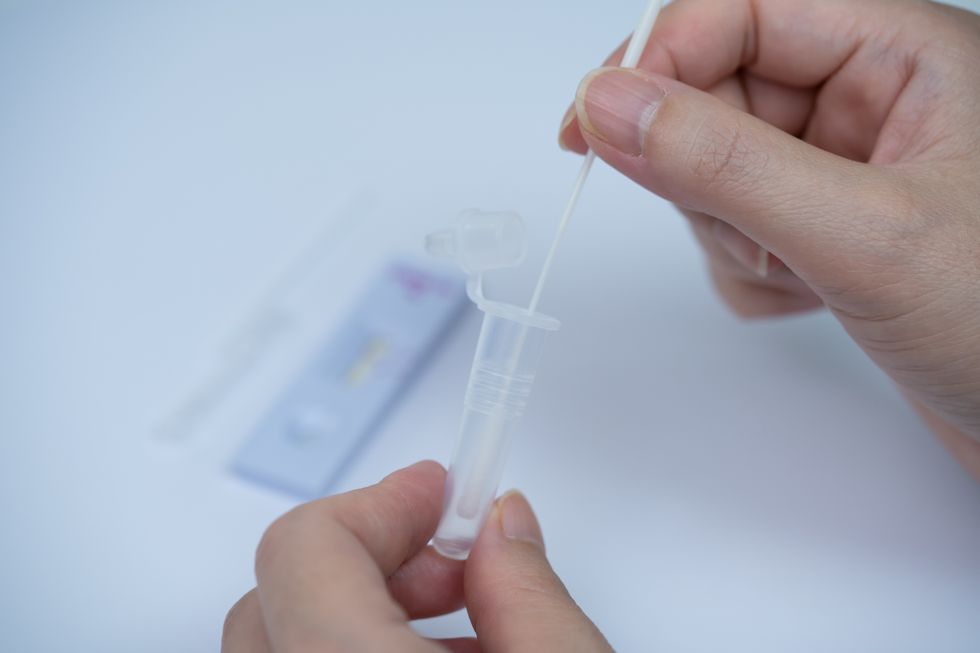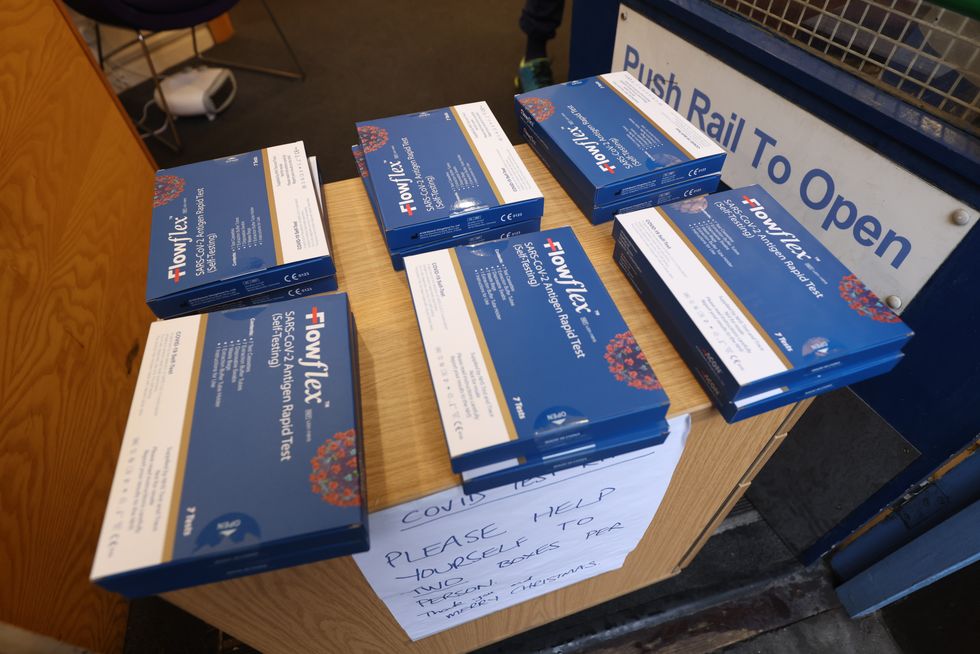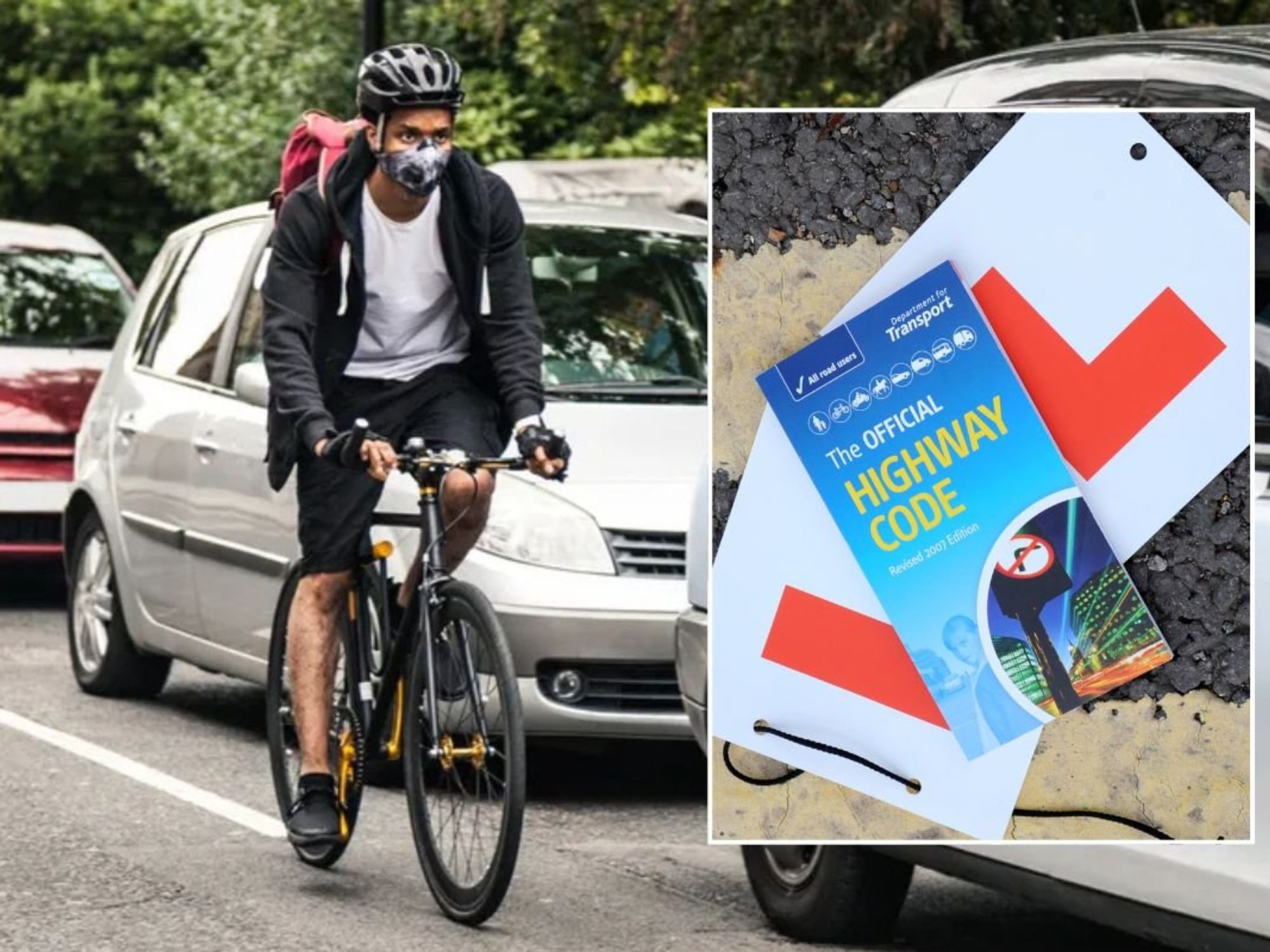Self-testing kits yield misleading or inaccurate results as 60% found to produce incorrect data, study shows
The British self-testing industry is projected to generate £660 million in revenue by 2030
Don't Miss
Most Read
Latest
Britons have been handed a stark warning over DIY medical tests available on the high street as new findings have revealed that many yield unreliable results.
A University of Birmingham investigation examined 30 self-testing kits purchased in 2023, ranging from £1.89 to £39.99, which check for various conditions including bowel cancer, vitamin deficiencies, thyroid problems, HIV and menopause symptoms.
The study, featured in the British Medical Journal, discovered that, while 24 products boasted performance rates exceeding 98 per cent, manufacturers frequently failed to provide adequate evidence supporting these assertions.
Scientists have now warned consumers about the potentially misleading health information, as the Birmingham team's analysis revealed significant gaps in essential consumer guidance across the tested products.

Consumers have been warned about the potentially misleading health information
|GETTY
Critical details were frequently absent, including clear instructions about appropriate users, result interpretation methods, and recommended follow-up actions.
Alarmingly, approximately half the examined kits instructed purchasers to seek medical advice irrespective of their test outcomes.
The investigation found that 60 per cent of products examined might produce incorrect results or prompt inappropriate actions by users.
Despite manufacturers' confident performance claims, publicly accessible clinical data validating these assertions remained largely unavailable, raising serious concerns about consumer protection standards.
LATEST DEVELOPMENTS
"Self-tests have a clear potential to improve public health. However, for them to be beneficial and not harmful, they must be proven to be accurate, easy to use, and supported by clear instructions," head researcher Professor Jon Deeks said.
Meanwhile, President of the Royal College of Pathologists Bernie Croal cautioned the BMJ that substandard testing might result in "false reassurance" while simultaneously creating "unnecessary consequences" for the NHS.
The researchers acknowledged that properly integrated self-testing has demonstrated benefits, particularly in boosting test uptake amongst underserved communities.
As it currently stands, the British self-testing industry is projected to generate £660 million in revenue by 2030.

Individuals were urged to use self-test kits for Covid-19 during the pandemic
|PA
Head of Diagnostics and General Medical Devices at MHRA Joseph Burt confirmed the regulator is "overhauling" safety standards while reviewing the Birmingham findings.
"We're exploring new transparency measures such as requiring published summaries of clinical evidence," Burt explained, advising consumers to verify CE or UKCA markings and consult healthcare professionals when uncertain about results.
While the Royal College of General Practitioners has joined calls for increased transparency across the industry, the BMJ has warned that market-driven testing risks expanding health inequalities by favouring those who can afford tests over those with genuine clinical needs.











